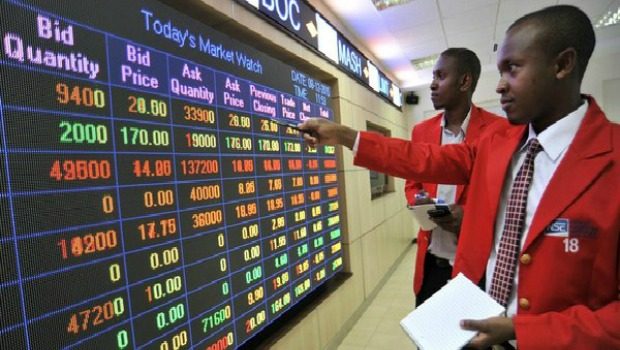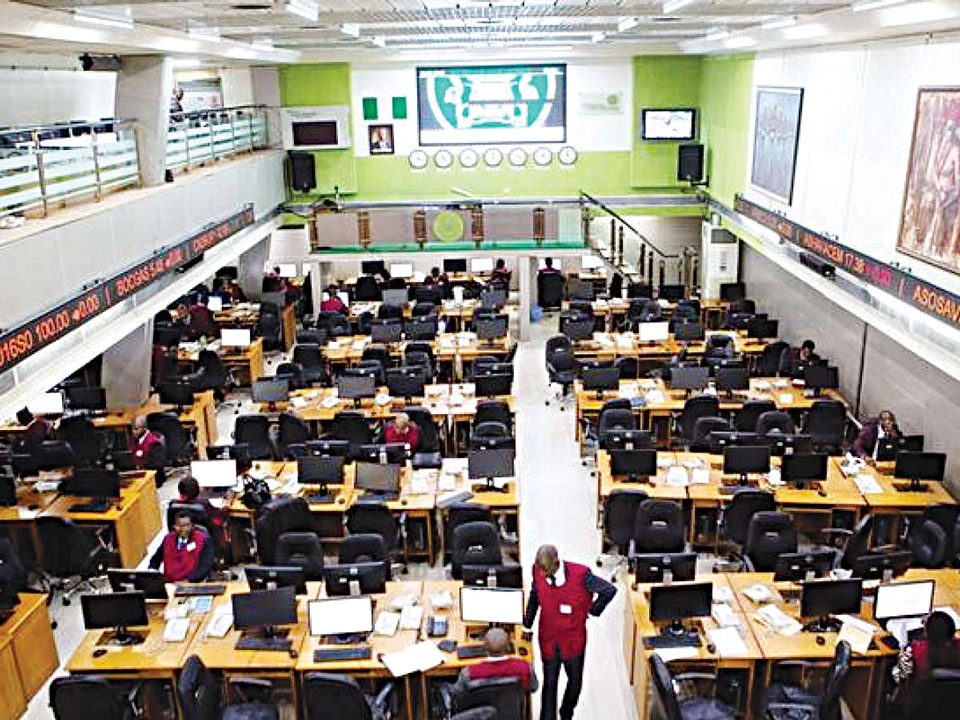Firms trading on the Nairobi bourse raised about Sh8.30 billion in capital in the six months ended June — an analysis by financial research and advisory firm, HTM Capital showed — with a subscription level of Sh10.78 billion or 129.88 per cent.
“If there are no new offers in the second-half of 2017 (July-December), 2017’s amount of Sh8.30 billion will be the lowest amount offered in 10 years,” HTM says in its latest corporate sector performance report.
“Capital raising activity signals companies’ current/future industry/economic confidence levels, with subscription rates reflecting convergence or divergence of expectations between investors’ and management.”
The Sh6 billion that East African Breweries Limited raised in March through a second tranche of its Sh11 billion medium-term note, and which was subscribed by 141 per cent, has been the stand-out offering this year.
The proceeds from the five-year bond, the giant brewer said, were to retire the Sh5.95 billion short-term debts.
Dwindling confidence in the country’s economic prospects appears to have started last year when 19 firms, which control 90 of wealth at the Nairobi Securities Exchange, allocated Sh91 billion to investment compared to Sh125 billion in dividend payouts.
This was the lowest allocation to capital projects since 2010, the analysis by the Nairobi-based company shows, signaling reduced focus on growth and expansion activities which hurts creation of new job opportunities.
“Investment activity by corporates forms the core link between corporate decisions and economic performance,” HTM analysts say in the report.
“By investing in new production capacity, technologies and infrastructure, corporates not only create employment but also fuel innovations that increase economic productivity.”
Giant telco Safaricom and state-owned KenGen , which invested heavily in network upgrade and geothermal steam projects, respectively, accounted for about 71 per cent of the capital expenditure by the NSE firms in 2016, HTM report states.e



